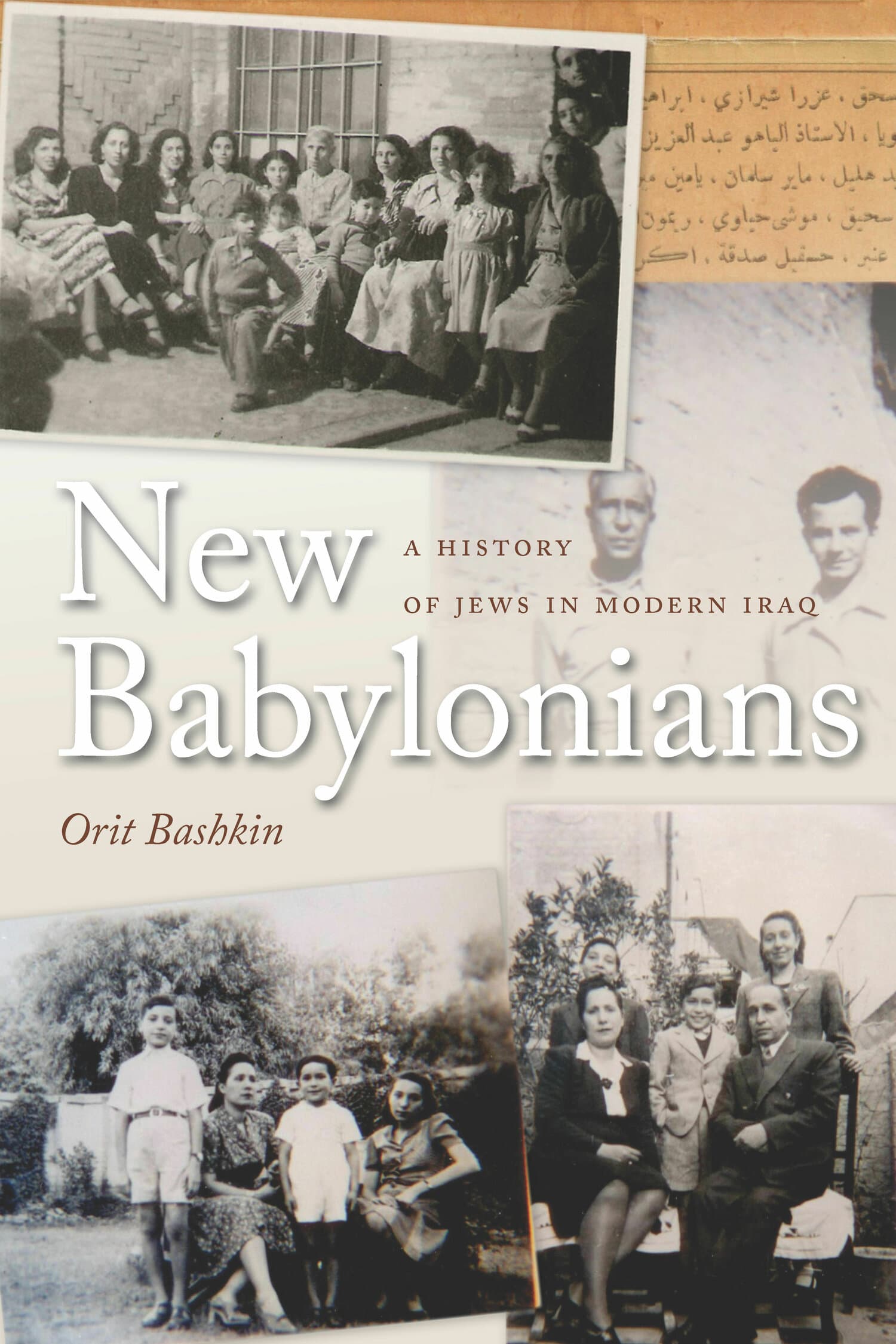Contested City
Also Available from

Contested City offers a history of state-society relations in Baghdad, exploring how city residents managed through periods of economic growth, sanctions, and war, from the oil boom of the 1950s through the withdrawal of US troops in 2011. Interactions between citizens and their rulers shaped the social fabric and political realities of the city. Notably, low-ranking Ba'th party officials functioned as crucial intermediaries, deciding how regime policies would be applied. Charting the social, economic, and political transformations of Iraq's capital city, Alissa Walter examines how national policies translated into action at the local, everyday level.
With this book, Walter reveals how authoritarian governance worked in practice. She follows shifts in mid-century housing and urban development, the impact of the Iran–Iraq and Gulf Wars on city life, and the manipulation of food rations and growth of black markets. Reading citizen petitions to the government, Walter illuminates citizens' self-advocacy and the important role of low-ranking party officials and state bureaucrats embedded within neighborhoods. The US occupation and ensuing sectarian fighting upended Baghdad's neighborhoods through violent displacement and the collapse of basic state services. This power vacuum paved the way for new power brokers, including militias and neighborhood councils, to compete for influence on the local level.
—Dina Rizk Khoury, George Washington University
"Analytically nuanced and meticulously researched, Contested City contributes to our understanding of state–society relations during periods of violence. Detailing the impacts of wars and U.S.-imposed sanctions on families, Alissa Walter highlights the ways in which individuals navigated the Ba'thist regime and elevates ordinary Iraqi voices."
—Alda Benjamen, University of Dayton




